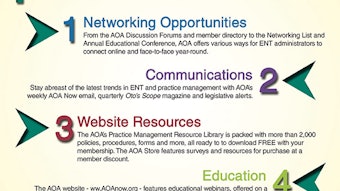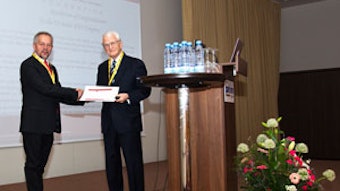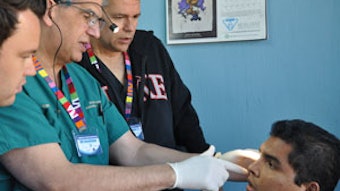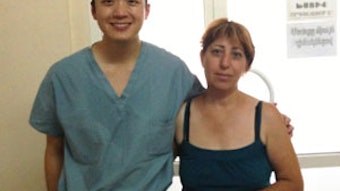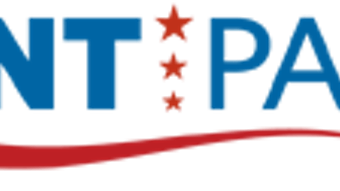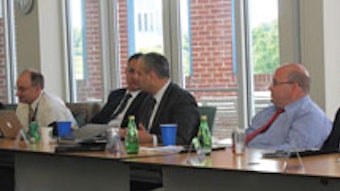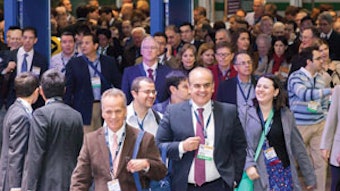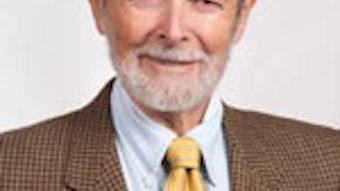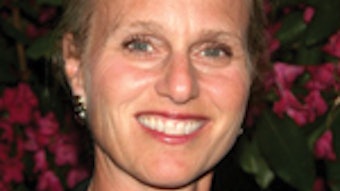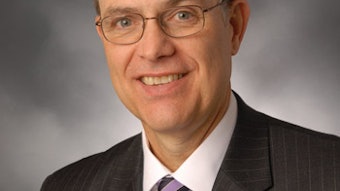The Sky Is Falling—Again—and We Will Survive
I am honored to serve as your president this year, as we continue to deal with significant challenges to our profession and our specialty. It has been said that change is the only constant thing in life. This is not entirely so. There are other constants, among them: death, taxes, conflicts… When I was 10 years old, John F. Kennedy was campaigning for president with a plan to initiate Medicare. Among physicians, there was widespread fear and panic over the specter of socialized medicine that would inevitably result. Medicare was initiated. Nevertheless, the healthcare system adapted and thrived. A 1973 Newsweek article reported a great push to expand medical school enrollment—it was inevitable that healthcare would be nationalized within a short time and we would not have enough physicians. The article also bemoaned the decreasing number of applications for medical school. There would not be enough qualified applicants for schools to fill the increased capacity…unless they began to admit more blacks and women! The crisis passed, and I was able to get into medical school in 1972, in the wave of women entering the profession. My father retired from practice in 1990. His book, A Golden Window in Time, extols the period in which he had been privileged to practice medicine. There were so many advances: penicillin, polio vaccine, and electrocardiography. Yet, he lamented the changes in healthcare reimbursement that made it so much more difficult to practice. In the ’90s, I remember feeling fear that our whole healthcare system, and particularly academic medical centers, would implode. Despite the strains, we are still here, but facing even greater hurdles and the threat of fragmentation within our specialty. Fortunately, resilience is another constant in life. We persevere and adapt as we continue to provide excellent care to our patients and train new physicians for the future. The American Academy of Otolaryngology—Head and Neck Surgery supports us in our efforts, but is only as good as the combined efforts and collective wisdom of its membership. So attend the meetings, work on committees, and make your voices heard.
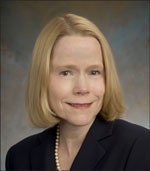 Gayle E. Woodson, MD, AAO-HNS/F President
Gayle E. Woodson, MD, AAO-HNS/F PresidentI am honored to serve as your president this year, as we continue to deal with significant challenges to our profession and our specialty. It has been said that change is the only constant thing in life. This is not entirely so. There are other constants, among them: death, taxes, conflicts…
When I was 10 years old, John F. Kennedy was campaigning for president with a plan to initiate Medicare. Among physicians, there was widespread fear and panic over the specter of socialized medicine that would inevitably result. Medicare was initiated. Nevertheless, the healthcare system adapted and thrived.
A 1973 Newsweek article reported a great push to expand medical school enrollment—it was inevitable that healthcare would be nationalized within a short time and we would not have enough physicians. The article also bemoaned the decreasing number of applications for medical school. There would not be enough qualified applicants for schools to fill the increased capacity…unless they began to admit more blacks and women! The crisis passed, and I was able to get into medical school in 1972, in the wave of women entering the profession.
My father retired from practice in 1990. His book, A Golden Window in Time, extols the period in which he had been privileged to practice medicine. There were so many advances: penicillin, polio vaccine, and electrocardiography. Yet, he lamented the changes in healthcare reimbursement that made it so much more difficult to practice.
In the ’90s, I remember feeling fear that our whole healthcare system, and particularly academic medical centers, would implode. Despite the strains, we are still here, but facing even greater hurdles and the threat of fragmentation within our specialty.
Fortunately, resilience is another constant in life. We persevere and adapt as we continue to provide excellent care to our patients and train new physicians for the future. The American Academy of Otolaryngology—Head and Neck Surgery supports us in our efforts, but is only as good as the combined efforts and collective wisdom of its membership. So attend the meetings, work on committees, and make your voices heard.
